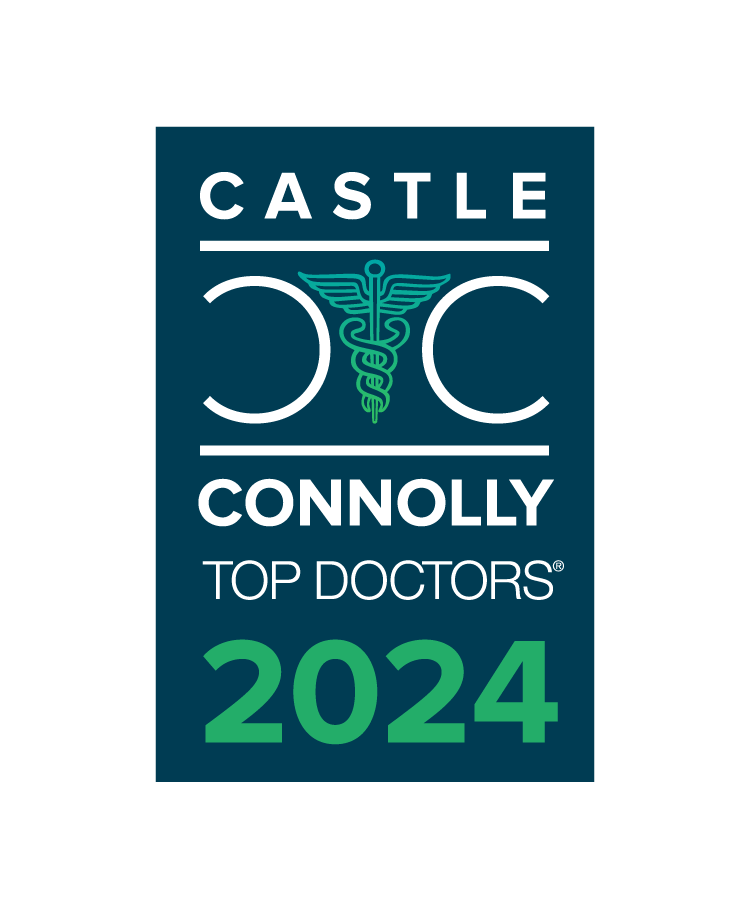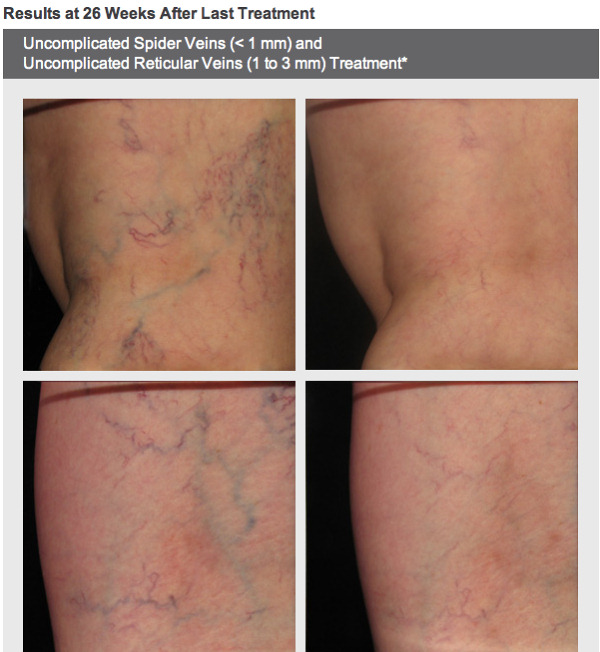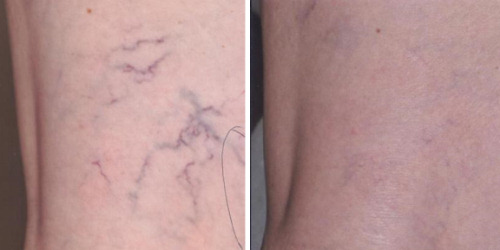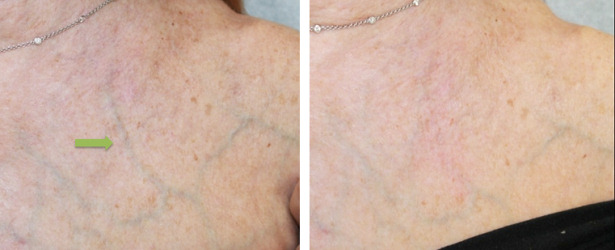Veins Explained by Nashville’s Top Independent Dermatology Department
Spider Veins
- Acne
- Acne Scars
- Benign Growths
- Red Birthmarks
- Excessive Sweating (Hyperhidrosis)
- Melasma
- Melanoma
- Moles (Nevi)
- Pre-cancers (Actinic Keratoses)
- Rosacea
- Acne Scarring
- Skin Cancer
- Brown Spots & Freckles
- Total Body Photography
- Veins
- Wart Removal
- Wrinkles
- Cherry Angiomas
- Enlarged Pores
- Redness of Neck or Chest
Spider veins are very small and fine red, blue, or purple veins that are close to the skin surface. They can be found on the face and legs. They can look like a thin line or tree branches.
Reticular veins, or feeder veins, are blue or green veins beneath the skin surface. Reticular veins can be found on the face, body, and legs. They enlarge due to increased pressure in the vein.
Varicose veins are large blue or dark purple veins. They protrude from the skin and have a cord-like appearance. They are usually found on the legs.
Causes of Prominent Veins
Many factors can lead to the development of spider, reticular, and varicose veins.
Factors that predispose to the development of prominent veins:
- Age: The normal wear and tear of aging causes valves in veins to weaken and not work as well.
- Gender: Women are two to three times more likely to develop varicose veins than man.
- Heredity: Varicose veins tend to run in families. Half of people who get varicose veins have a family history of them.
- Pregnancy: Increased blood volume, extra weight, and greater abdominal pressure during pregnancy subject the leg veins to more wear and tear.
- Hormones: Oral contraceptives or hormone replacement therapy increases the likelihood of developing varicose veins.
- Occupation: Jobs that require prolonged periods of standing are more likely to be treated for varicose veins.
- Weight: Moderately overweight women are more likely to have varicose veins than their thinner counterparts, and the risk is tripled in obese women.
Treatment of Spider Veins
Treatment of superficial spider veins and reticular veins can reduce the appearance of these dilated surface veins while preserving blood flow in healthy veins.
Vascular laser: The new Excel V™ laser can be applied to the skin to treat spider veins and reticular veins on the legs, face, and trunk. The laser emits a specific wavelength of light that heats up and damages the vein without injuring nearby tissues. No needles are required.
It is very important when treating spider veins by laser that the person to be treated is not tan and is not planning to go in the sun for 6-8 weeks after treatment. Tan or dark skin is much harder to treat and tanning after treatment can lead to prolonged hyperpigmentation in the treated areas.
Sclerotherapy: This is a minimally invasive procedure that involves the injection of small amounts of a chemical solution into the affected veins through a tiny needle. The solution irritates the center of the vein so that it collapses on itself and is eventually absorbed by the body. Patients get the best results from a series of treatment sessions and some maintenance over time. Dr. Curcio uses Asclera® (Polidocanol) for sclerotherapy.
After the first laser treatment, veins can look the same, better, or worse; although most people see some improvement after a single treatment. However, after the second treatment, most people see a significant improvement. It usually takes 2-4 treatments administered 8 or more weeks apart to remove most of the veins. There is no need to wear compression stockings after laser treatment.
Dr. Curcio specializes in Cosmetic and Laser Surgery. With her extensive experience, she can personalize a treatment regimen to help you attain the best possible cosmetic result.
Make an appointment with Dr. Curcio to determine what treatment is best for you.
Asclera® Before and After Photos
Leg Veins
Excel V™ Before and After Photos
Leg Veins
Photos Courtesy of David Vasily, MD
Chest Veins
Photos Courtesy of Jeremy B. Green, MD
Periorbital Veins
Photos Courtesy of Mary Lupo, MD
Forehead Veins
Photos Courtesy of Mary Lupo, MD














